First of its kind, Special Smiles is a comprehensive data-set on the lives of persons with intellectual disabilities
Dr. Derrick Cogburn accompanying MS in Business Analytics students for the Pan-American Health Organization’ site visit.
The Institute of Disability and Public Policy’s (IDPP’s) involvement in advocacy for the rights of persons with intellectual disabilities is firmly established through its contribution to AU’ Special Olympics Club. While spearheading the club’s leadership has enabled us to form an intimate relationship with DC Special Olympics, it has also opened new avenues for students within the AU community to collaborate and research.
Access to exclusive data like the “Special Smiles” owned and collected by Special Olympics International can be characterized as a direct result of IDPP’s collaborative approach to disability studies. As part of our site visit to WHO’s American regional office Pan-American Health Organization (PAHO) on March 20th, 2019 students from MS in Business Analytics were able to extensively interact with Mr. Jonathan Lang who has been involved with the creation of the dataset.
Special Smiles covers various aspects of the lives of persons with intellectual disabilities. Codified with information not previously collected in a similar scale, it is expected to reveal valuable knowledge on the lives and needs of persons with intellectual disabilities. In its primary stage, the data is uncleaned and messy. Part of the challenge involves coming up with creative ways of uncovering order in the chaos of its present state. Unlike straightforward datasets that students get to use in graduate schools, Special Smiles offers the experience of having to simulate large-scale research projects that would potentially involve equally or even messier data.
More importantly the work resulting from this Collaboratory doesn’t benefit advance the research skills of AU students alone but expand Special Olympics current reach in the larger global health sector. In line with this objective, Special Olympics signed a memorandum of understanding (MoU) with the Pan-American Health Organization (PAHO) agreeing to improve health access for persons with intellectual disabilities.
According to the World Health Organization’s (WHO) 2011 World Report on Disability, it is estimated that more than a billion people in the world live with some form of disability. Among these PAHO’s reach amount to 30 countries who are also signatories to the United Nations Convention on the Rights of Persons with Disabilities (CRPD).
The research uncovered by students in AU will go on to significantly support PAHO’s action plan on Disabilities and Rehabilitation. It should be noted that in many ways the Special Smiles dataset helps establish a baseline on the current status of persons with disabilities as there is no authoritative information on even basic statistics (including ‘percent’ of population for a given country).
Currently, Special Olympics partners with and mobilizes some 365,000 athletes in the Americas. The well-being of this community is of high variability from countries like the United States to Chile; this variability expands with various other factors including whether or not a country is a signatory to the United Nations Convention on the Rights of Persons with Disabilities (of which the United States is not).
In assisting Special Olympics International and PAHO, AU in partnership with IDPP aims to bridge this very gap and help forge new partnerships that can build a more resilient health sector in the Americas.



